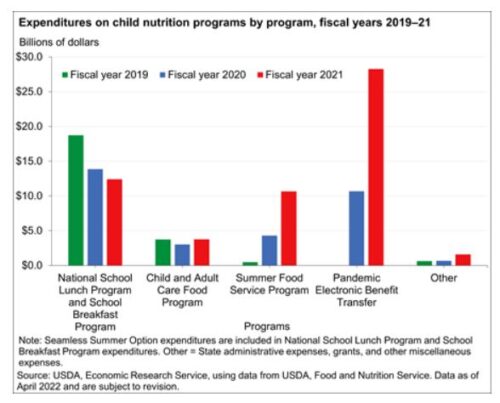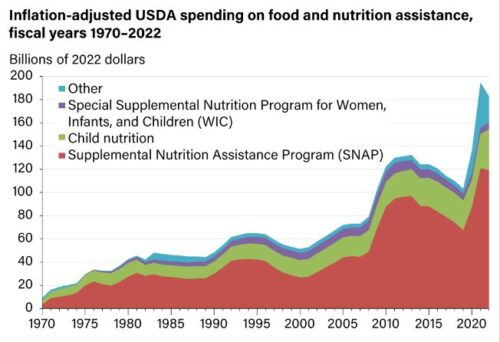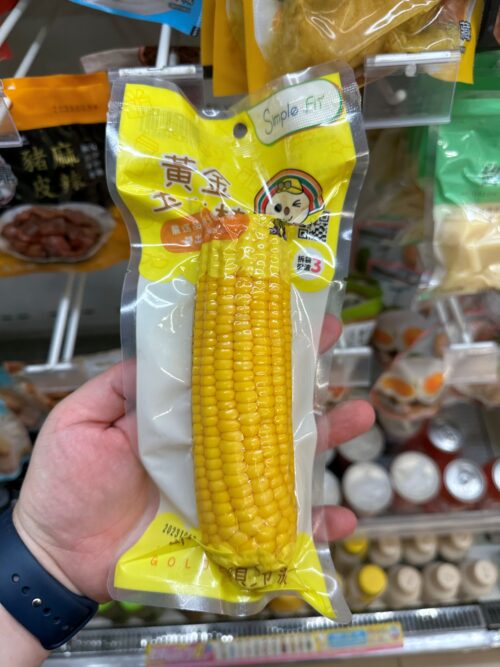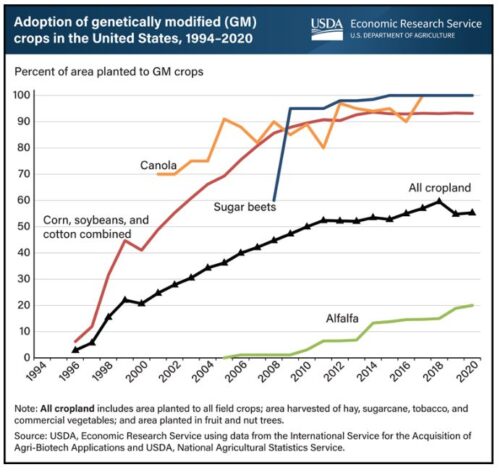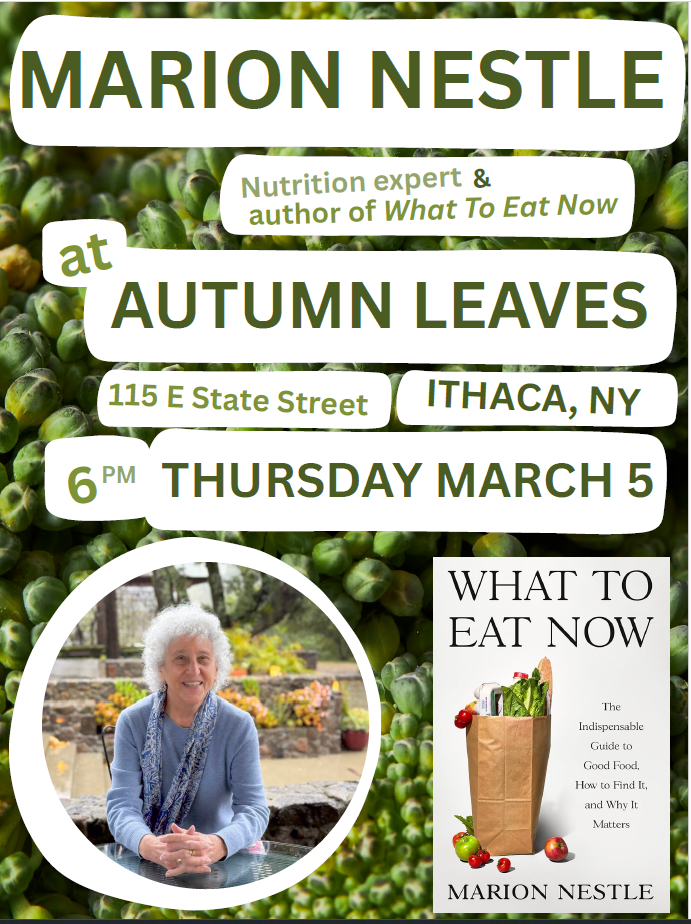Does industry involvement in research constitute a conflict of interest?
Last week, my industry-influenced study of the week involved kombucha, although the involvement appeared minimal.
All kombucha and placebo drinks were donated by Craft Kombucha. Craft Kombucha did not have any access to data reported in this study. No author has any financial ties with Craft Kombucha. SD was employed by MedStar Health. The remaining authors declare that the research was conducted in the absence of any commercial or financial relationships that could be construed as a potential conflict of interest.
One of the authors of the study, Daniel Merenstein, wrote to object to the way I characterized it (quoted with his permission).
…But you do make it very clear in the article that all industry did was donate free drinks and had no access to data. Not sure how that really deserves being called influence. But my much larger point is this statement, ” It’s easy to find claims for its health benefits if you search for them, but much harder to find science to back them up. IIf you can demonstrate benefits, you can sell more products. Hence, this study.”
I think it is exactly the opposite. It is much easier to just say your product works or even better yet to get an influencer to drink your product.
But to actually put your product into scientist’s hands and have no access to data or publication is a huge step forward in food science. Look at JAMA every week, almost all the drug studies are -. The kombucha maker should be applauded for their bravery.
We didn’t going looking for a + outcome but registered our trial and stated a priori exactly what we would be looking at and reporting. This study has many limitations but not the ones you mentioned.
Dan
I appreciate thoughtful and respectful letters like this . This one especially deserves a response. Dr. Merenstein implies that this is an investigator-initiated study designed to test an investigator-initiated hypothesis. Such things do happen. Unfortunately, they are not the norm.
Here’ what concerned me about the study:
- It involved a kombucha company, even if lightly. Much evidence demonstrates that company involvement in research ia highly correlated with positive outcomes, so much so that it has a name, the “funding effect.”
- Funding influence is thorougly demonstrated to occur at an unconscious level; investigators do not intend to be influenced, are unaware of the influence, do not recognize it, and deny it (even in the face of much research to the contrary). The unconscious influence usually shows up in the way the research question is asked or in the interpretation of the results.
- Statements that funders have no involvement in the research have coften been shown to be false. Exceptions do occur; this may well be one of them.
- This is a one-food study. It is impossible to control such studies for dietary and other lifestyle confounders unless done in a locked metabolic ward.
On this last point, I am always suspicious of one-food studies because I find it hard to believe that a single food can make a measureable difference in chronic disease outcome.
I would like to know a lot more about how the microbiome works before being convinced that kombucha has any special health benefits (I do think it is delicious).
To their great credit, these authors fully disclose the limitations of their study (it was small) .
Dr. Merenstein says this study is really about the science. In this case then, the bias is one shared by all scientists—a belief and the desire to prove it,–in this case that kombucha has particular health benefits . If scientists didn’t have such beliefs and desires, no science would ever get done.
Such personal biases are indeed quite different from bias induced by financial interests with a company making a product.
Perhaps I misjudged this one. If so, I owe Dr. Merenstein and his colleagues a sincere apology, here offered.
I thank him for writing and giving me the opportunity to discuss these issues again.
(For detailed discussion and references on issues related to industry research funding, see my book, Unsavory Truth: How the Food Industry Skews the Science of What We Eat).

